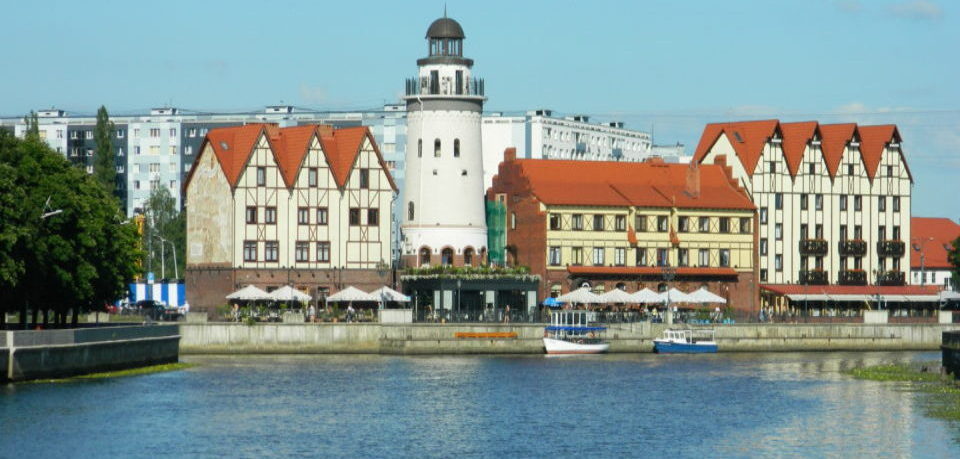Diary of a Self-isolator: Day 52 [10 May 2020]
Published: 11 May 2020
Yesterday was the 9th May, which is not surprising as today is the 10th May. But here, in Russia, the 9th May is one of the most important day’s in the nation’s calendar. It is, of course, Victory Day, the day when the nation celebrates the Soviet Union’s victory over Nazi Germany.
Previous articles:
Article 1: Diary of a Self-isolator: Day 1 [20 March 2020]
Article 2: Diary of a Self-isolator: Day 6 [25 March 2020]
Article 3: Diary of a Self-isolator: Day 7 [26 March 2020]
Article 4: Diary of a Self-isolator: Day 9 [28 March 2020]
Article 5: Diary of a Self-isolator: Day 10 [29 March 2020]
Article 6: Diary of a Self-isolator: Day 16 [4 April 2020]
Article 7: Diary of a Self-isolator: Day 19 [7 April 2020]
Article 8: Diary of a Self-isolator: Day 35 [23 April 2020]
Article 9: Diary of a Self-isolator: Day 52 [10 May 2020]
As I wrote in my blog post, Thoughts on 9th May Victory Day Celebrations 2002/2020 , this year Coronavirus upstaged the ceremony as it has everything and everywhere.
In lieu of the parade and formal celebrations that would have been held on the ground in Kaliningrad, we learnt from online local news that there would be a military flypast, which was scheduled for 10am.
Now, I am not entirely sure who got what wrong, but we were out of bed and on the terrace by 9.45am and, like our neighbours, gazing skywards. Nothing? Apart from a lovely blue sky.

Either the news feed was wrong, our clocks were caught up in one of those coronavirus conspiracies that everyone is talking about or else? I wondered if the planes that they were using were one of these new stealth jobs: so swift, so fast and so ultimately undetectable that they were there, but we just could not see them?
If this is the case, then airshows of the future are likely to be extremely challenging. Imagine thousands of spectators staring into the azure, a collective sweep of the head, deep intake of breath, loud round of applause, appreciative mumbling: “Wasn’t that a …” and “The way he, you know …” and “I really liked the, er, yes …” On the positive side, such airshows would be relatively easily to organise, inexpensive, no safety problems to worry about and the pilots could all stay at home, thereby running no risk of breaking social distancing rules, which is more than could be said for the spectators.
9th May Kaliningrad Social Distancing
Made of sterner stuff than you may think, we did not let this blip on the horizon, which we thought we almost saw, phase us, but continued to pay tribute on this special day as we had planned.
As I have said, it was a glorious spring day, and this enabled us to hoist a large red velvet soviet flag from the superstructure of the terrace canopy. This flag, of genuine vintage, has on one side a symbolic image of Vladimir Lenin and on the other the Soviet hammer and sickle emblem together with the names of the constituent republics of the Union of Soviet Socialist Republics.
Our immediate neighbours across the way had erected a Soviet victory flag and as we are people of many flags, we were able to give our neighbours on the ground floor another soviet flag, which went well with the patriotic marching music that they were playing from their gazebo.
Who is losing it?
During the day, my wife, Olga, occupied herself in what has become, sadly, as much a part of the annual event as the event itself. The controversial discord of who exactly won the war ~ was it the East or the West? This year the argument descended to a new level of bitter acrimony, thanks to what a friend of mine described in his usual vernacular as a lot of ‘shit stirring’. He spoke of deliberate attempts in the United States to abnegate acknowledgement of Russia’s decisive contribution to the defeat of Nazi Germany.
As if airbrushing out the Soviet Union’s inestimable role in defeating the Germans was not enough, adding insult to injury came, apparently, in a White House Tweet ‘On May 8, 1945, America and Great Britain had victory over the Nazis! “America’s spirit will always win. In the end, that’s what happens.”
Judging by the indignant comments on various Facebook posts, if this was a deliberate misappropriation, I would have to concede, using a football analogy, that someone in the US Revisionist Department has scored an own goal. It is bad enough having to endure relentless and politically motivated revisionism of historical TV dramas, but please could you desist from insulting our intelligence by trying to rewrite history itself. How about victory in WWII came about as a combined effort. As the refrain from the old 1960s’ pop song goes, “Wouldn’t it be nice to get on with me neighbours …”
Come the evening of 9th May, we were ready to sit down, relax and toast Olga’s derdushka for the part that he played in the war. The history of my wife’s grandfather is a rather interesting one and one that I hope to research and elaborate on at a future date.
She posted this brief biographical detail about him on Facebook: Alexei Dolgikh (1910-1987) MVD Kaliningrad
Copyright © [Text] 2018-2020 Mick Hart. All rights reserved.






















